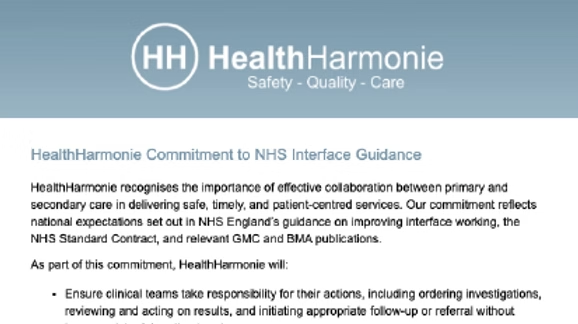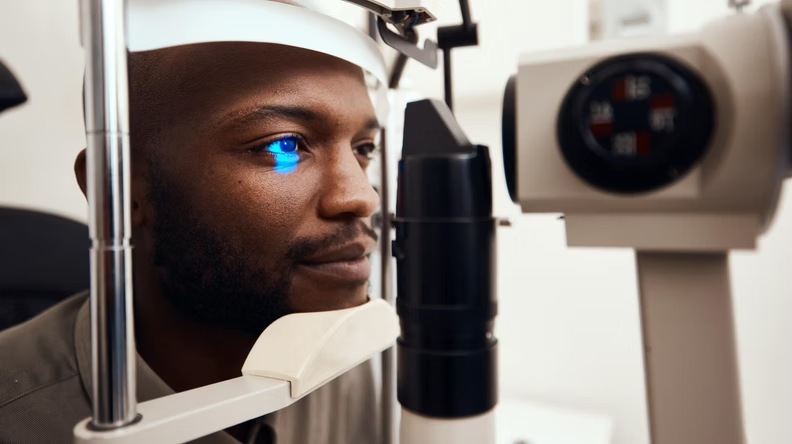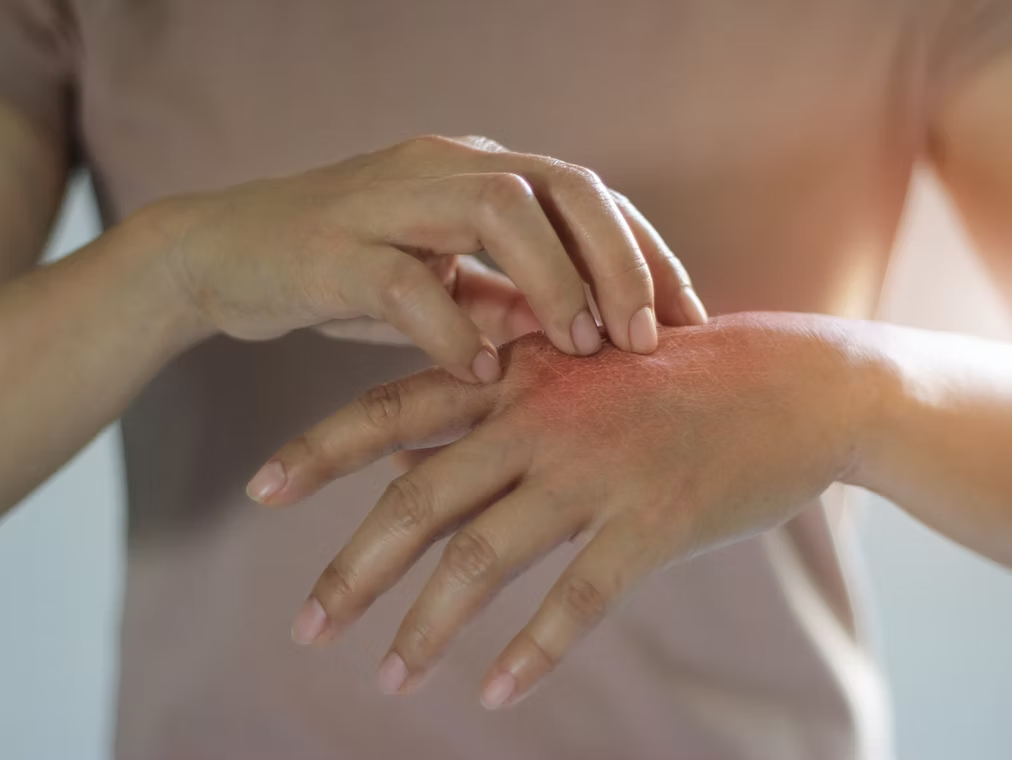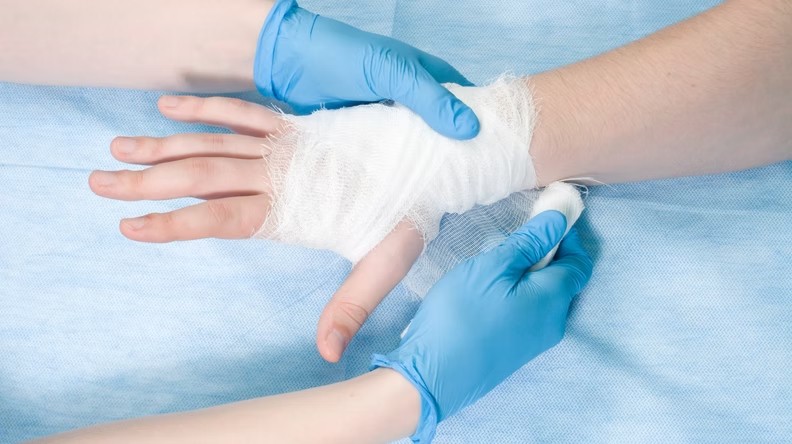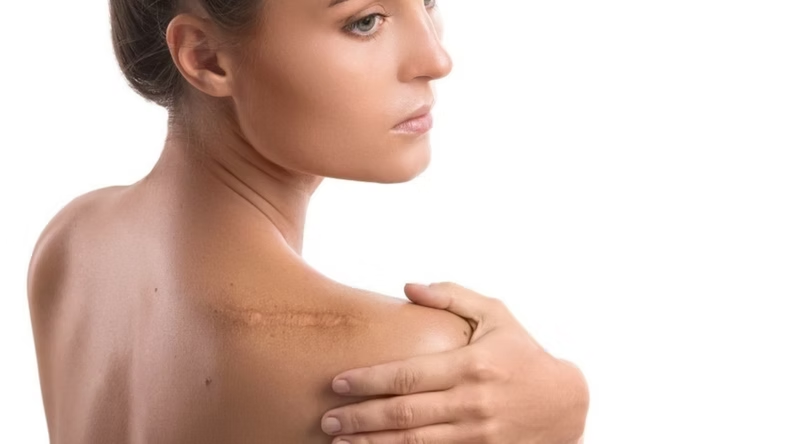Identifying Menorrhagia from a GP’s standpoint can prove difficult depending on the patients’ symptoms, there is a very fine line between ‘heavy periods’ and Menorrhagia and the patient may not be entirely aware of these differences or even be familiar with the term ‘Menorrhagia’ at all.
Menorrhagia is the medical term for heavy or prolonged bleeding in which during the menstrual cycle there is more than 80ml of blood loss or the menstrual cycle lasts longer than the duration of 7 days. Many experience blood loss that they would describe as heavy, but which may not be significant enough to be classified as Menorrhagia. This makes the broader definition of ‘heavy periods’ tricky to pin down as it can vary by individual and by cycle. If your patient complains of heavy periods, how do you ascertain their symptoms? You could ask them questions like:

-
Do you have to change your sanitary products every hour or two?
-
Are you passing blood clots larger than 2.5cm (about the size of a 10p coin)?
-
Are you bleeding through onto your clothes or bedding (flooding)?
-
Do you need to use two types of sanitary product together? – for example, tampons and pads?
-
Have you got palpitations, tiredness, dizziness etc?
-
If you get period cramps, when do they start and end (to distinguish between primary? and secondary dysmenorrhoea)?
-
Do you get any bleeding in between periods or after sexual intercourse (red flag)?
The heavy periods could be associated with age, contraception, pathology like fibroids, endometriosis, PCOS, anticoagulants, bleeding or clotting disorders etc. In women under 45 years of age, you can try hormonal (combined or progesterone only pills, mirena/levosert intrauterine system, medroxyprogesterone acetate 10 three times a day D15-25 every cycle) +/- non hormonal (tranexamic acid 1gm 3 to 4 times a day for up to 4 days every cycle +/- mefenamic acid) medical options and refer them if not responsive to the therapies. If there are red flag symptoms, they should ideally be referred for scan and review in community gynaecology clinic/secondary care or for outpatient hysteroscopy if over 45 years of age.
If you have any questions about Menorrhagia please do not hesitate to contact us on 0121 454 7779 or via our contact us form.

